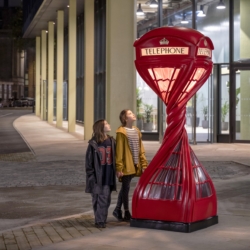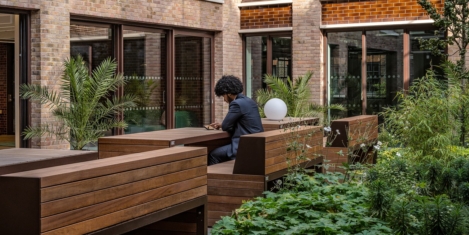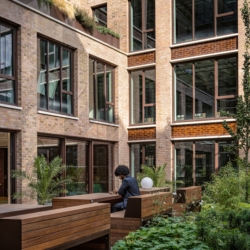May 2, 2025
Sustainability and wellbeing yet again key themes of South West BCO Awards
 Seven office developments across the South of England and South Wales have been recognised as the region’s most outstanding workplaces at the annual British Council for Offices (BCO) Awards. Among the winners were three Bristol-based projects, highlighting the city’s growing reputation for innovative, inclusive and sustainable office design. The awards ceremony, held at We The Curious in Bristol, celebrated excellence in office design, fit-out, and environmental performance. With a strong emphasis this year on ESG (Environmental, Social, and Governance), wellbeing, and inclusivity, the judges praised the winning projects for their forward-thinking, occupier-focused approaches. (more…)
Seven office developments across the South of England and South Wales have been recognised as the region’s most outstanding workplaces at the annual British Council for Offices (BCO) Awards. Among the winners were three Bristol-based projects, highlighting the city’s growing reputation for innovative, inclusive and sustainable office design. The awards ceremony, held at We The Curious in Bristol, celebrated excellence in office design, fit-out, and environmental performance. With a strong emphasis this year on ESG (Environmental, Social, and Governance), wellbeing, and inclusivity, the judges praised the winning projects for their forward-thinking, occupier-focused approaches. (more…)


































April 30, 2025
The world needs amazing leaders like never before. But where are they?
by Dana Maor • Business, Comment, Workplace